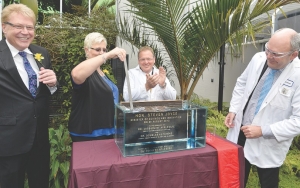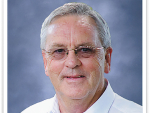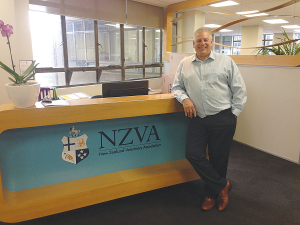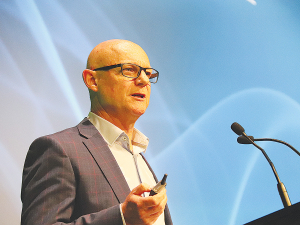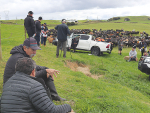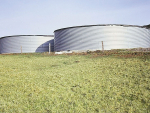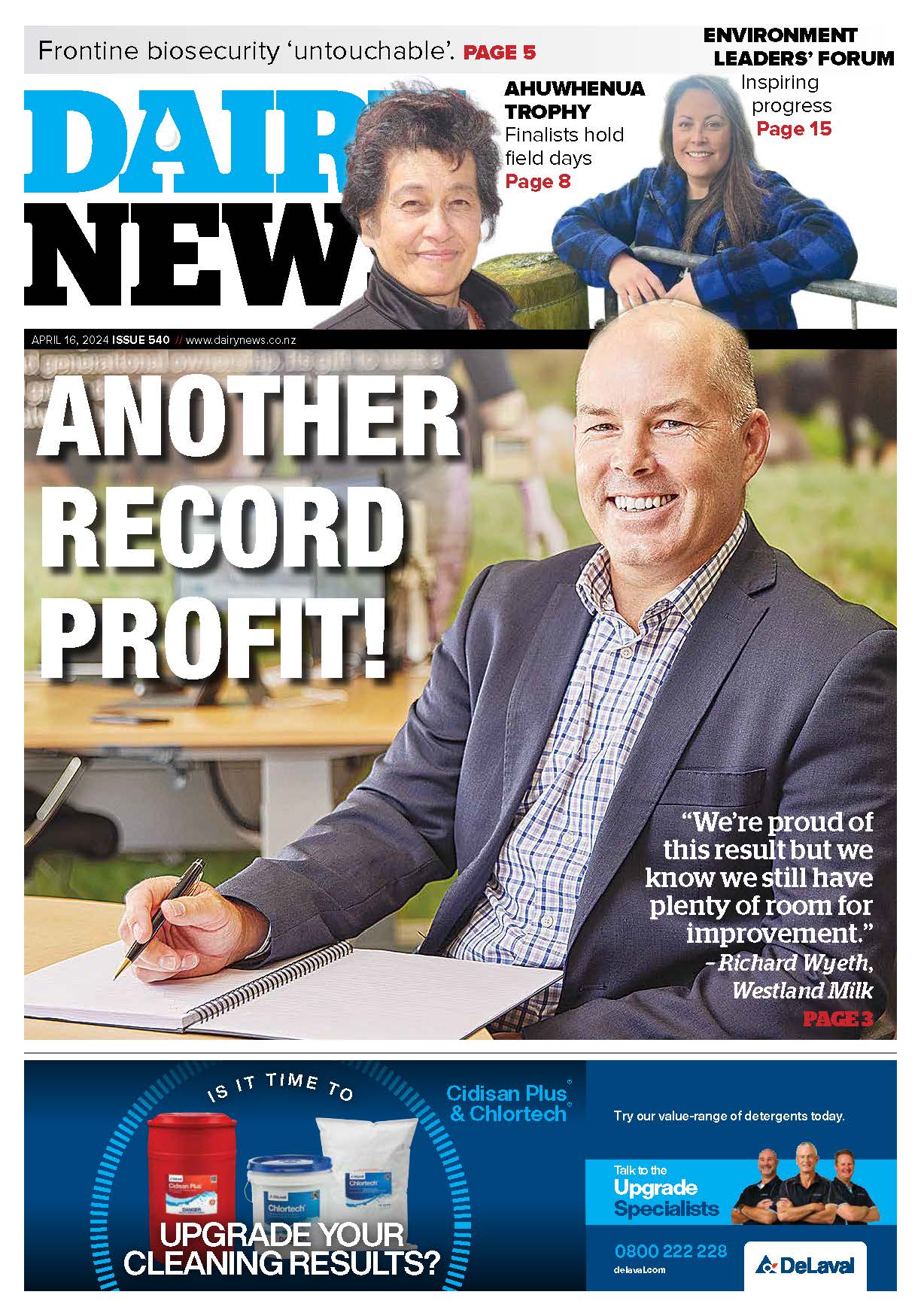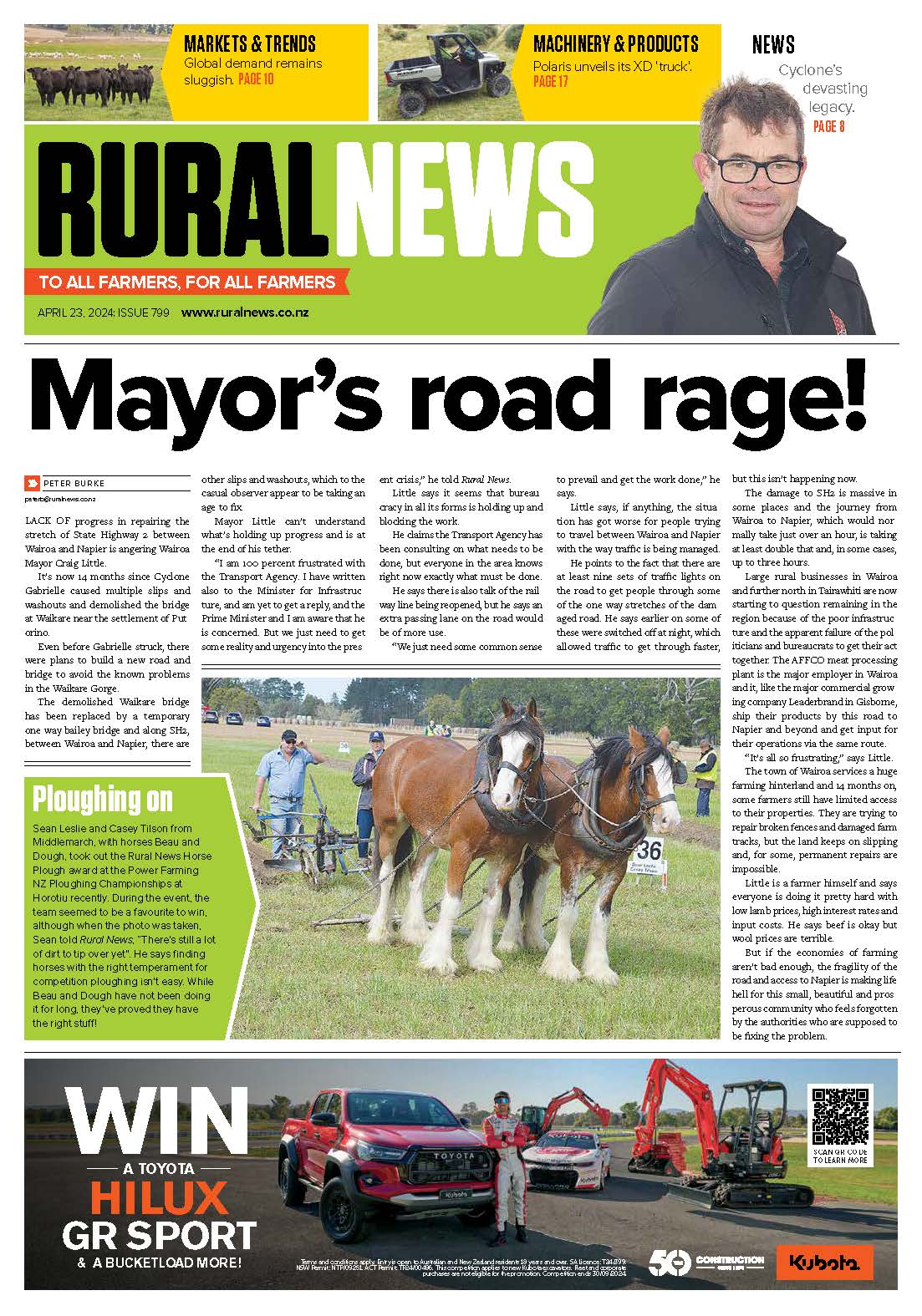THE ENTREPRENEURIAL spirit of its researchers and their closeness to customers – in particular dairy farmers – is why Bayer is keen on doing R&D in New Zealand.
The “can-do” attitude is one of the reasons the German global animal health giant spends $10 million in R&D in New Zealand, with dairy an important part, says Bayer’s head of global animal health development Dr Douglas Hutchens.
Bayer’s Centre for Innovation and Development (CID) has just opened a new research facility at its North Shore, Auckland, site. This replaces a smaller laboratory at its Manukau production site. The new, larger facility will make veterinary medicines more effective as it develops new formulations for the local market and region.
Bayer’s CID head Wayne Leech says dairy is a big species for them with key development areas in mastitis and reproduction.
“We are doing a lot of dairy innovation in New Zealand that goes out to other countries,” Leech told Dairy News. “We have at least three projects now that have gone on to become global projects.” They have gone back to Germany now, and are in development stages for worldwide launch.
Hutchens says one of the keys for Leech and his group of 35 specialists in New Zealand is “this entrepreneurial spirit on how to solve problems and really get close to the customers”.
“Why do we invest here? What is so special about New Zealand? It isn’t close to Germany.” He says this former group of researchers and innovators from Bomac (purchased by Bayer in 2011) and the New Zealand people in general “really have a can-do attitude and an entrepreneurial spirit”.
“In drug development we have lots of failures and few successes; it is easy to say ‘no’. But the people here usually find a way to say ‘yes’, and find a solution to a problem that helps our animals and customers.
“Through this group Bayer is much closer to the customers. Where would you go if you wanted to do a dairy study or wanted to get the insight from customers for dairy? You have way more animals than people,” Hutchens joked. Being so close to customers was “a bit unique around the globe”.
Leech heads a team of 35 specialists, all Kiwis, including veterinarians, pharmacists, pharmacologists and analytical chemists. They collaborate closely with universities. “We are pushing them into our areas of research. They come up with the academic ways to solve problems, we apply it to our industry.”
Hutchens says the group is already expert in applied research. Their ability to collaborate with world-class universities in New Zealand enables them to solve industry problems and leverage that globally. Bayer was keen to invest because of those capabilities here.
“Having people imbedded in university helps idea generation. A significant amount of money is with contract research organisations in New Zealand to evaluate efficacy and safety of new products.”
Minister for Science and Innovation Steven Joyce, who holds a zoology degree, says Bayer’s new research facility opening was in line with the Government’s business growth agency. He believed the Bayer remarks about how New Zealanders innovate were “spot on”.
“We have people who can cross discipline, think how they could solve a problem – work out how we can make it practical for people.
“I have lost count of people from America, Europe and other parts of the world through this job saying it is amazing what we do with such a small group of people. We need to hang on to that and develop our skills base here.”





